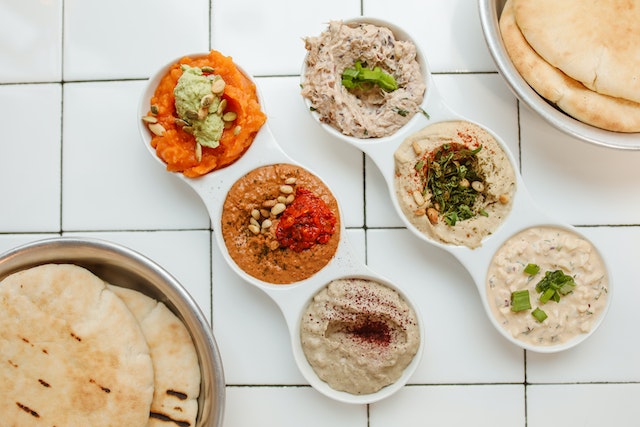
I remember one afternoon at my chiropractor’s office the assistant, who happened to be the wife of the doctor asked me a strange question.
“Where can I buy kosher meat?” she asked. The question was posed from a statuesque blonde with delicate Grace Kelly features who happened to be a devout Christian.
I was a bit dumbfounded, why would a Gentile want to spend more money on kosher meat when her religion did not require it? So asked her why.
“I’ve been researching, and kosher foods are just cleaner and healthier,” she shrugged.
Kosher on Demand
Ever since that conversation, I have taken note of the amount of consumers I see converging at the Kosher meat section at our neighborhood Costco, many of whom are not Jewish.
Sometimes their carts will even contain a slab of bacon alongside a tray of kosher chicken legs, which seems like an oxymoron.
Kosher meat costs about 30% more than regular meat so why would one want to opt for the more expensive meat, if they do not follow a faith that adheres to the laws of kashruth?
It’s likely because kosher food is naturally cleaner and of better quality, having to go through many steps – including the cleansing of vegetables which have to be washed free from bugs and insects, which are not kosher, explains Rabbi Mendy Gurary, the lead Rabbi of Congregation Beit Reuven in Dunwoody, Georgia.
The rules of kashruth have a lot to do with the health and benefit of human beings, explains Gurary, because G-d knew whom he created and what foods are best suited for their bodies.
Even the washing of hands – a prerequisite for mealtime among Observant Jews – has a very rational reasoning, to protect humans from any disease they may carry on their hands.
The Business of Kosher
According to recent data, the kosher foods industry is growing exponentially, likely because people are becoming more educated on food safety what they put into their bodies.
There is also curiosity about the cuisine associated with kosher foods; namely Middle Eastern cuisine, much of which is either kosher – for Jewish patrons, or hallal – for Arab customers. Aside from Jewish and Arab patrons who seek out Middle Eastern foods, there are the curious who consider these type of restaurants exotic.
Nur Kosher Kitchen, a Mediterranean restaurant located on the outskirts of Atlanta, draws a diverse clientele which includes customers who want to try kosher cuisine, not necessarily for religious reasons.
“The food is clean, fresh, and flavorful, so people come back for more,” explains restaurant owner Elad Hazut, who estimates approximately 10 percent of his clientele are non-Jews.
For these reasons, many consumers seek out the kosher accreditation to assure these considerations are addressed.
Organic, Sustainable, and Kosher
The growth in popularity of kosher foods is also due to the growing concern of the increase of industrialized food products that lack the quality and oversight that are associated with mass produced factory foods.
Consumers who care about their health may now seek out kosher – in addition to organic, sustainable, farm raised, and non-GMO foods.
A Cut Above the Rest
A large part of the koshering process of meat is the way in which the animal was killed, which is said to be in a more humane way than factory farmed non-kosher meat. The carcass is also drained of blood and inspected for any sicknesses or abnormalities before it can be deemed as kosher.
Kosher meat is also of better quality than regular meat, and has been shown to have more desirability in terms of tenderness, texture, and general taste – according to a recent study conducted in Poland that compares the chemical compositions and taste of both kosher and non-kosher beef.

















